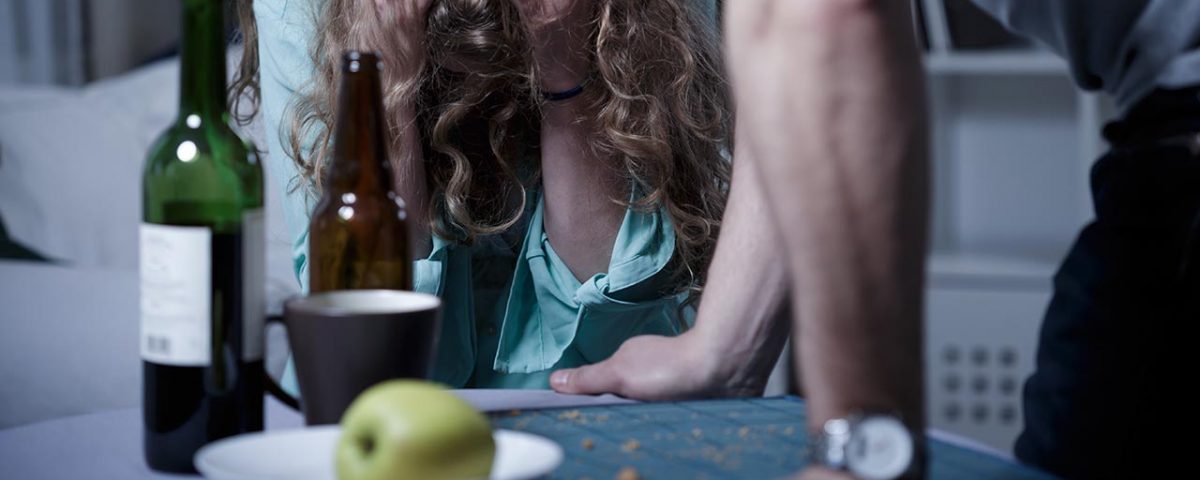Addiction and relationship problems go hand in hand.
While it’s normal to want to care for and support your loved one, codependency is unhealthy. It can lead to resentment and enabling behavior which may drive the addict deeper into their substance abuse. Banyan Treatment Centers offers a variety of addiction treatments that can help you or a loved one begin their recovery journey.
Enabling
Enabling behavior is usually intertwined with drug addiction and relationships. Enabling is when someone is always fixing or solving another person’s problems. Unlike helping, a person who enables someone will do things for them that they could otherwise do for themselves. A person who has a loved one with an addiction may feel unable to deny them anything. An enabler likely makes excuses for the addict, lies to keep them out of trouble, is in denial about the person’s addiction, and blames other things for the person’s behavior. Enabling a drug addict can affect a relationship because it can turn love into fear and assistance into control. The enabler may begin to enjoy the control they have over the other person and could use their dependency to manipulate them. Enabling the addict may also give them the excuse to continue using, which is dangerous. The family dynamics of addiction
often include an enabler that can actually prevent the addict from getting the help they need.In addition to addiction treatments, our rehab facility also offers a family program and services to help loved ones of addicts. It can be difficult to share a relationship with someone who has a drug or alcohol problem – we want to help.
Intimacy
Intimacy varies depending on the type of relationship, but the general term refers to a shared closeness with someone. When it comes to friendships or family relationships, intimacy may take the form of physical affection, verbal support, or spending time together. On the other hand, a romantic relationship may include an additional level of physical intimacy, like intercourse. A person with a drug addiction may struggle to be intimate with their loved ones for a variety of reasons. Drugs can have a huge impact on outward appearance and physical health. An addict may struggle to do things physically, which could create tension in a romantic relationship regarding sexual intimacy. Drug addiction also affects the mind, which can cause the person to act differently towards the people they love. This loss of intimacy could break up any marriage, family, or friendship. That’s why it’s important to encourage the addict to get drug or alcohol addiction treatment. With help, they could improve their health and other areas of their life can change for the better.
Deception and Loss of Trust
One of the most common frustrations people with an addicted loved one struggle with is deception. Deception plays a big role in how drug addiction can affect a person’s relationships for several reasons. An addict may hide the severity of their problem until they hit rock bottom. If their loved ones were unaware of the addiction, it can be difficult to mend that broken trust. Many drug addicts also try to steal from their loved ones to buy drugs. This could also cause distrust between people and potentially deteriorate the relationship.
How to Help A Loved One with an Addiction
- Encourage them to get addiction treatment
- Learn how to offer them healthy support by going to therapy
- Help them do things they can’t do on their own
- Avoid enabling behaviors
- Educate yourself on addiction




















